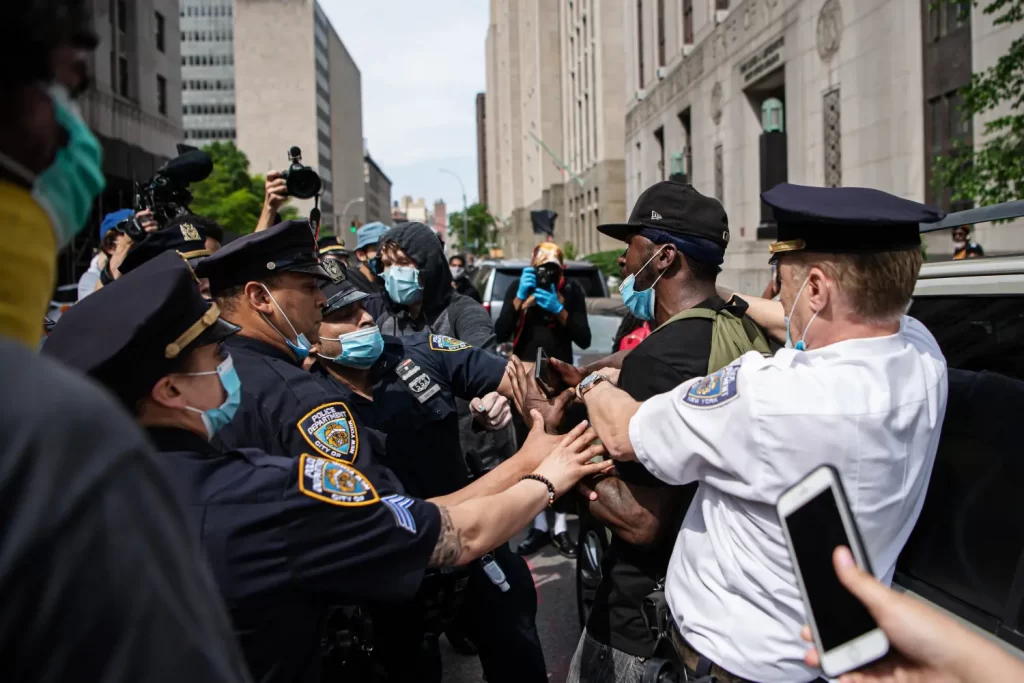Cultural competency in policing is not just a buzzword it is a fundamental aspect of law enforcement in today’s diverse societies. With communities comprising people from various cultural backgrounds, races, religions, and languages, police officers must possess the necessary skills and knowledge to interact effectively and respectfully with everyone they serve. At the heart of cultural competency is the understanding that each community has its own unique values, norms, and perspectives. Police officers who are culturally competent recognize and respect these differences, fostering trust and cooperation within diverse communities. They understand that what may be considered appropriate behavior in one culture could be seen as offensive or inappropriate in another. This awareness helps officers navigate sensitive situations with empathy and tact. One crucial aspect of cultural competency training for law enforcement officers is education about different cultural beliefs and practices. This includes learning about religious customs, traditional dress, language barriers, and historical experiences that may impact interactions with the police.

By understanding the cultural context of the communities they serve, Leonard Lugo can approach situations with sensitivity and avoid unintentional misunderstandings or conflicts. Moreover, cultural competency training equips officers with communication skills that are essential for effective policing in diverse communities. This includes techniques for active listening, empathy, and nonverbal communication, which are vital for building rapport and de-escalating tense situations. Officers who can communicate respectfully and effectively across cultural lines are better equipped to resolve conflicts peacefully and gain the cooperation of community members. In addition to communication skills, cultural competency training emphasizes the importance of impartiality and fairness in law enforcement. Officers are taught to recognize and challenge their own biases and prejudices, ensuring that their actions are guided by principles of justice and equality for all individuals, regardless of their cultural background. This commitment to fairness helps to build trust and confidence in the police among minority communities, who may have historically experienced discrimination or mistreatment. Another crucial aspect of cultural competency in policing is community engagement and partnership building.
Officers who are culturally competent actively seek to involve community members in the decision-making process and collaborate with local organizations and leaders to address issues and concerns. By involving community stakeholders in policing efforts, officers can gain valuable insights and perspectives that help to tailor their approach to the specific needs and priorities of each community. Furthermore, cultural competency training encourages officers to adopt a proactive approach to problem-solving and crime prevention. Rather than relying solely on traditional enforcement methods, culturally competent officers seek to understand the underlying social, economic, and cultural factors that contribute to crime and work collaboratively with community members to address these root causes. This approach not only leads to more effective outcomes but also strengthens the relationship between the police and the community. By understanding and respecting the cultural differences of the people they serve, officers can build trust, improve communication, and enhance the effectiveness of their policing efforts. Through education, training, and community engagement, police departments can ensure that their officers are equipped to uphold the principles of fairness, impartiality, and justice for all individuals, regardless of their cultural background.